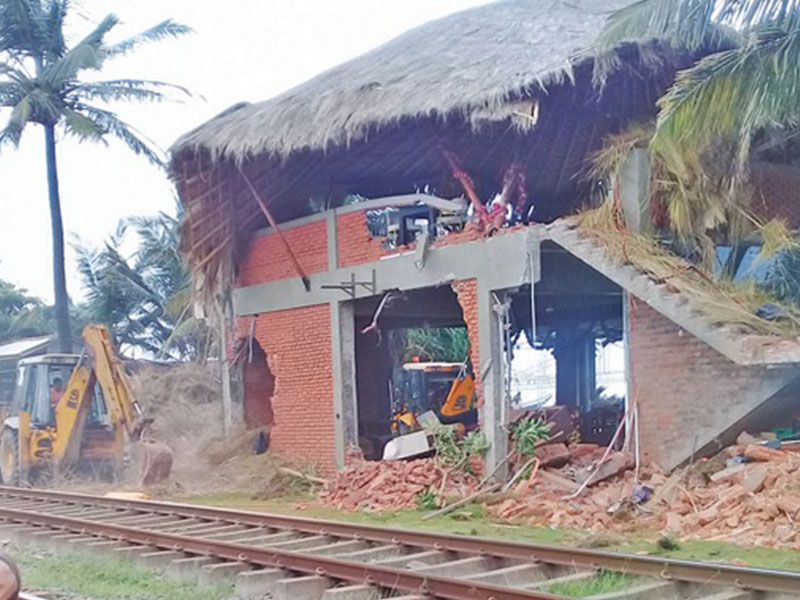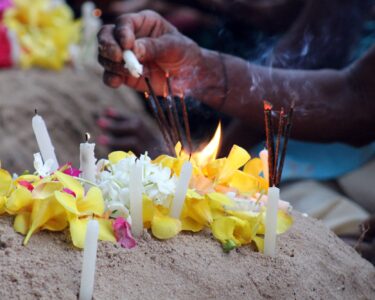The destruction of the “Soul Beach” hotel on January 1st, 2024, has sparked a heated dispute between hotel owner Sampath Aththatage and the Coastal Conservation Department (CCD). Aththatage claims his property was lawfully constructed, providing documents to support his assertion, while the CCD accuses him of illegal construction on their land.
Aththatage questions the validity of the CCD’s actions, highlighting discrepancies in the demolition order and arguing that the police mobilization seemed preplanned. He insists on having received no warnings about any violations before the demolition, emphasizing that part of his property was outside the CCD’s jurisdiction.
The CCD, however, contends that Aththatage was repeatedly warned about the illegality of his construction, and the building had faced fines before. A senior CCD official, speaking anonymously, dismissed Aththatage’s documents as insufficient, emphasizing that “no-objection letters” do not constitute valid licenses.
The controversy deepens as Aththatage accuses competitors of using political influence to dismantle his successful business, denying any links to alleged drug dealers. He insists that the destruction was an abuse of power orchestrated by politically influential rivals threatened by Soul Beach’s prosperity.
The CCD official admits previous failures in enforcing regulations, citing political pressures faced by the Director General. The official acknowledges that actions against other illegally constructed establishments had been stalled due to connected factions and reveals plans to amend conservation boundaries to benefit registered tourist establishments.
The incident highlights broader issues of political interference, legal complexities, and inconsistent enforcement of regulations in Sri Lanka’s coastal conservation efforts, raising concerns about the impact on the tourism sector and the environment.







